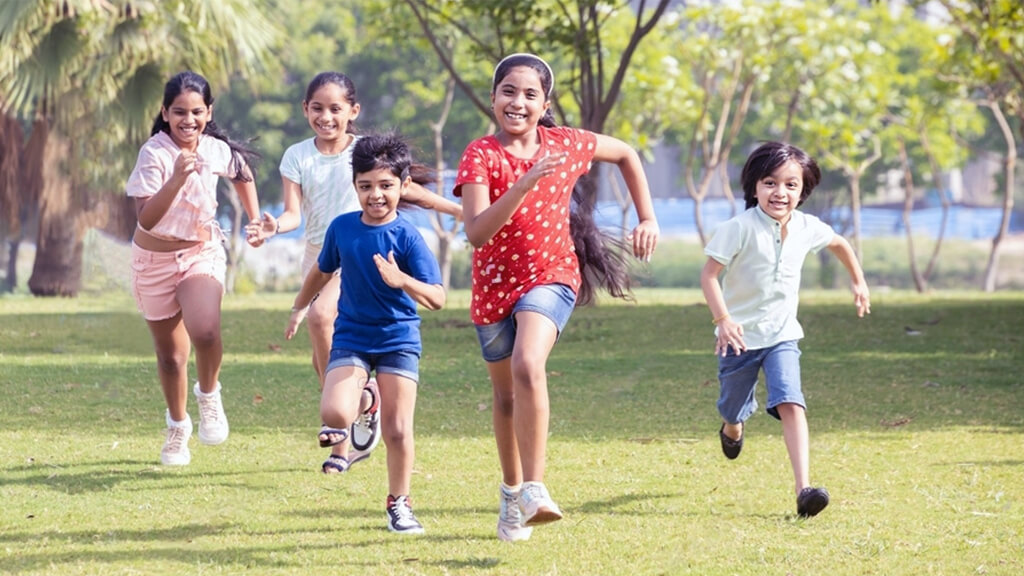Common Summer Illnesses in Children
-
Heat Exhaustion
Happens when children are exposed to high temperatures for long periods, often leading to dehydration. Heat exhaustion symptoms might include excessive sweating, weakness, dizziness or nausea. So, while your children are playing outside, being overly exposed to the sun might cause unconsciousness, so taking breaks and drinking water is essential. Heat exhaustion must be recognised and treated as soon as possible because, if left untreated, it may lead to heatstroke.
-
Heatstroke
This can lead to a severe condition that can develop from untreated heat exhaustion or direct exposure to extreme heat. Heatstroke is a medical emergency.
-
Sunburn
Is a common summer ailment in children. It results from overexposure to the sun’s ultraviolet (UV) rays and causes red, painful skin.
-
Food Poisoning
Bacteria multiply more rapidly in warm temperatures, resulting in contaminated food. Kids may go out with friends and share food in dirty hands, so it’s essential to make sure that food is stored and prepared correctly and ask children to wash their hands before eating.
-
Heat Rash
When sweat ducts become blocked, leading to a rash of red bumps or small blisters. It results in tiny, itchy red bumps on the skin, often in areas where sweat collects, such as the neck, chest, groin and elbow creases.
-
Dehydration
Children are more likely to become dehydrated when they engage in more outside activities and experience high temperatures. It is important to remind children to consume enough water throughout the day
-
Insect Bites
During summer, children spend more time outdoors, increasing the risk of insect bites and stings. These can cause skin reactions such as redness, swelling, itching and sometimes even rash-like patterns.
How to Prevent Summer Illness?
- Make sure kids drink sufficient water while playing to avoid dehydration.
- Avoid playing continuously under the sun. Allow children to take regular breaks between activities to avoid heat exhaustion.
- Avoid eating without washing your hands or eating outside food.
- Make sure they’re wearing loose clothing to reduce sweating.


